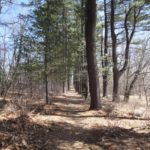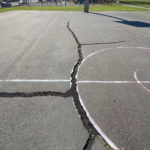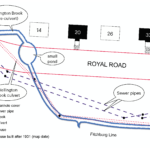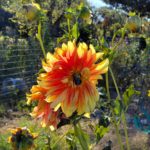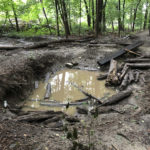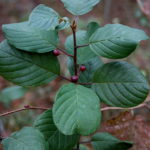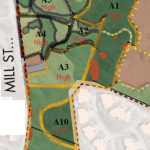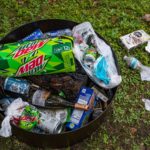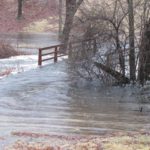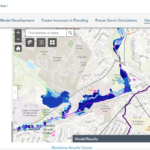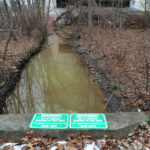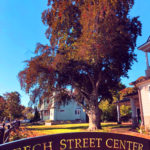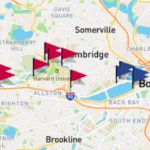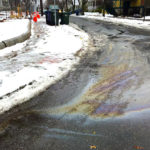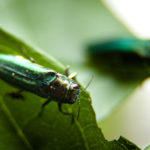
By Bruce Aguilar Invasive species are organisms that severely damage local ecosystems. One example is the gypsy moth caterpillar, introduced in 1869 by one Professor E. L. Trouvelot in an attempt to breed a hardy silkworm. Some insects escaped and were soon established in a vacant lot next to his home in Medford, Mass. These caterpillars have defoliated millions of acres of northeast woodlands. Another is the Asian bittersweet vine, introduced as an ornamental plant in 1879. It smothers the understory of forests and climbs mature trees to outcompete them for light, eventually strangling them or becoming heavy enough to [READ MORE]




